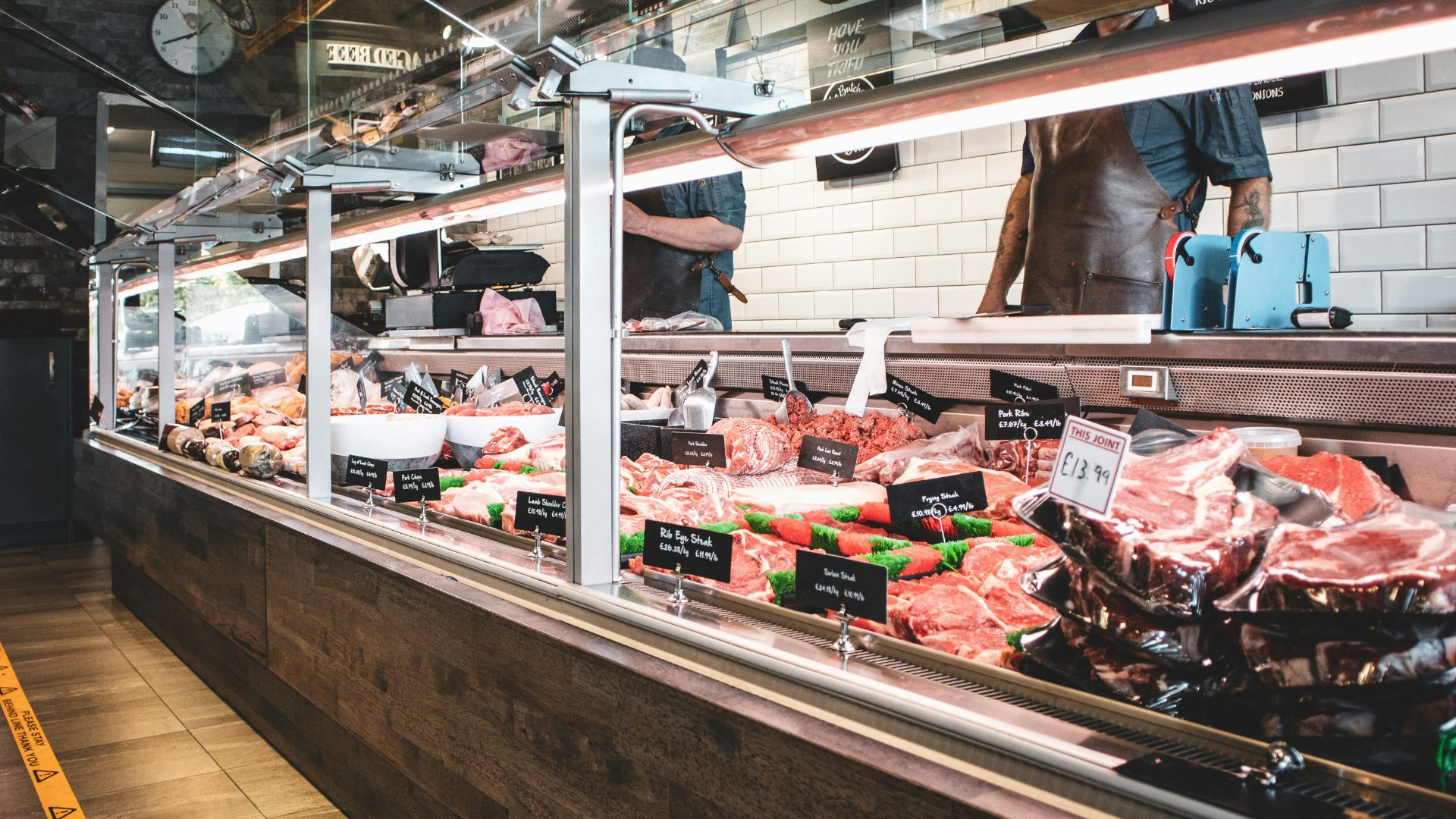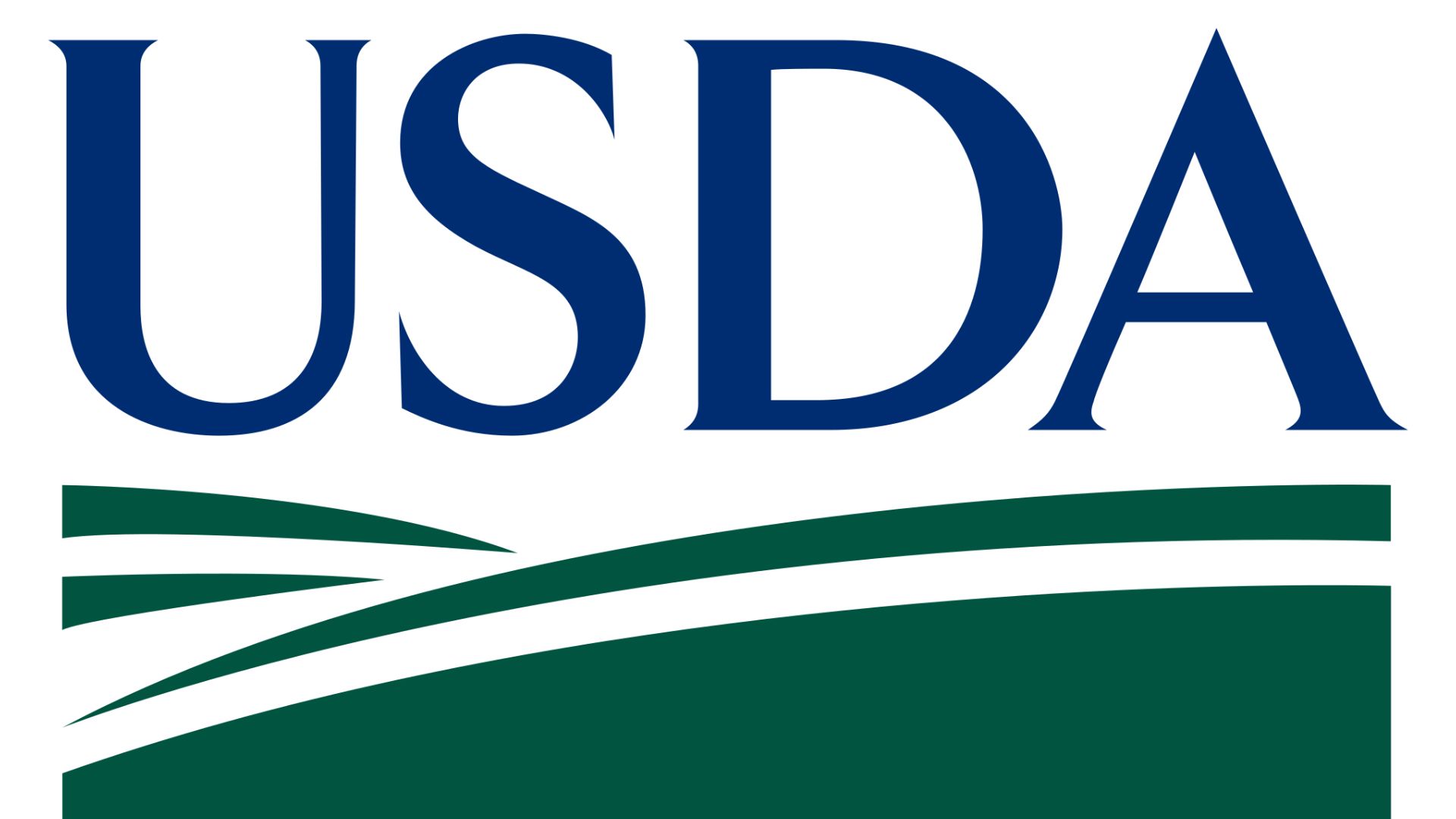Meat Recalled Across the U.S. Due to Fatal Warning
Boar’s Head is pulling over 207,000 pounds of deli meats from shelves nationwide after detecting Listeria in a batch of liverwurst from a Maryland store.
This bacteria is no joke — it can be deadly, especially for those with weaker immune systems.
Meat Products Are Often Recalled
Meat products are often recalled, so this recall is nothing new. Walmart recently recalled some ground beef products due to concerns over E. coli.

Source: Amirali Mirhashemian/Unsplash
These are done in the hope of preventing an outbreak of a disease and preventing too many people from becoming ill from something that could have been avoided.
Breaking Down the Outbreak
A sinister listeria outbreak has hit 34 people across 13 states, sending nearly all to the hospital, and tragically, it has claimed lives in Illinois and New Jersey.

Source: Wikimedia Commons
The scale of this outbreak is a serious public health concern, emphasizing the stealthy danger of this bacteria.
Deli Dangers Exposed
Deli counters are under the microscope as the likely ground zero for the outbreak. Those affected had tucked into typical deli offerings — turkey, liverwurst and ham.

Source: Kyle Mackie/Unsplash
This nasty turn of events is putting our beloved deli lunches under scrutiny.
Recalled Meat Was Distributed Internationally
The meat was distributed across the U.S. as well as to other countries internationally.

Source: Eaters Collective/Unsplash
This includes stores in the Cayman Islands, Dominican Republic, Mexico and Panama. Customers have also been requested not to consume the meat and to discard it as soon as possible.
USDA's Active Response
The recall alert came from the USDA’s Food Safety and Inspection Service, and they’re not stopping there.

Source: Public Domain/Wikimedia Commons
They’re deep into further testing to connect the dots between the Maryland listeria sample and the multistate outbreak.
Scope of the Recall
It’s not just liverwurst on the recall list—beef salami, bologna and ham are also on the chopping block.

Source: Aneta Voborilova/Unsplash
These products, all processed from mid-June to mid-July, might share more than just a production line — they could all carry the bacteria.
Boar’s Head Products That Have Been Recalled
The main Boar’s Head product that has been recalled is the 3.5-lb liverwurst loaves in a plastic casing with sell-by dates between July 25, 2024, and August 30, 2024.

Source: @WebMD/X
Other recalled products include the 9.5-lb and 4.5-lb old-fashioned ham, 4-lb Italian cappy-style ham, 6-lb extra hot Italian cappy-style ham, 4-lb bologna and 2.5-lb beef salami.
Boar’s Head on High Alert
Once Listeria was detected, Boar’s Head acted swiftly. “The health and safety of our customers is our top priority. As soon as a Listeria adulteration was confirmed in our Strassburger Brand Liverwurst, we immediately and voluntarily recalled the product,” said a company spokesperson.

Source: Wikimedia Commons
They didn’t stop there, pulling other potentially contaminated products as a precaution.
7 Million Pounds of Deli Meat Recalled
Despite the deli meats being recalled, Boar’s Head continues to experience problems. Since the first recall announcement, 7 million pounds of deli meat have been recalled.

Source: Gabriella Clare Marino/Unsplash
This comes after a couple from Missouri filed a lawsuit against the company due to the deli meats making one of them incredibly ill.
Meat Production Halted
The situation has become so bad that Boar’s Head has halted production of its meat products until the situation improves.

Source: Sean Quillen/Unsplash
It’s unknown when production will be able to begin again, but it’s expected that people will be more cautious about buying the products when they come back on the shelves.
What You Should Do
If you’ve got any Boar’s Head meats hanging out in your fridge, it’s time to say goodbye. Toss them out or take them back where you bought them.

Source: Wikimedia Commons
Listeria can thrive even in the cold, so after ditching the meat, give your fridge a good scrub-down to prevent any further contamination.
Even Salads Can Be Recalled
Most people will assume that animal products are the most likely food to be recalled due to the bacteria they contain, but this isn’t always the case.

Source: Taylor Kiser/Unsplash
In the past, pre-made salads have been recalled. However, this wasn’t due to any bacteria but rather to their containing undeclared ingredients that could have caused some customers to have allergic reactions.
Listeria 101
Listeria monocytogenes packs a punch as the third deadliest foodborne pathogen in the U.S.

Source: Wikimedia Commons
If you’ve eaten something tainted, symptoms like fever, muscle aches, and fatigue could pop up within a couple of weeks, or even as late as 10 weeks after.
Who's at Risk?
This bacteria hits hardest among the elderly, those with weakened immune systems and pregnant women, who might face the most severe consequences like miscarriage or premature birth.

Source: Danie Franco/Unsplash
The CDC advises those most vulnerable to steer clear of deli meats or make sure they’re cooked thoroughly.
Two People Have Died
This outbreak is very serious due to the consequences for the people who consume the meat. The situation has become so bad that at least two people have died.

Source: Ajay Kumar Chaurasiya/Wikimedia Commons
In addition, 33 people have been hospitalized across 13 different states, which is why people are being encouraged not to consume the meats if they brought them from Boar’s Head between May 10 and July 29.
Annual Listeria Deaths
Listeria deaths happen yearly in the U.S., so this outbreak isn’t necessarily anything new. However, it is a worry for those who have been affected.

Source: Nathan Reading/Wikimedia Commons
Around 1,600 people get listeria food poisoning in the U.S. every single year. Of that number, around 260 people die.
Most People With Listeria Are Hospitalized
So far, with the listeria outbreak, most people who have had it have ended up in hospital.

Source: Martha Dominguez de Gouveia/Unsplash
Listeria can be deadly, so it is essential to see your healthcare provider as soon as possible so that the appropriate treatment can be administered.
What to Do if You’re Concerned
If you or anyone close to you are worried that you might have listeria, you should go to your nearest healthcare provider.

Source: Thomas Park/Unsplash
It is also important that you report any listeria diagnosis so that officials can be aware of any outbreak spots. Not everyone will report this, and the numbers are often much bigger than what is actually reported.
Cold Cut Culprit
Why the bad rap for deli meat?

Source: Vlad Melnikov/Unsplash
Listeria loves to linger in the cool, moist environments of meat slicing and packaging areas. Skipping the heat treatment means these meats can become carriers of the bacteria, posing risks right from the deli counter.
FDA Recall Levels
The FDA has various recall levels, and it’s essential to be aware of these levels so you know the severity of the situation.

Source: Fda.gov/Wikimedia Commons
A Class I recall means that there is a high probability that consuming a product could cause serious health consequences or death. Class II recalls mean that consuming a product could cause temporary or reversible health consequences. Finally, Class III recalls mean that a product has been recalled but is unlikely to cause any health consequences.
Turn Up the Heat
Safe deli meat consumption these days?

Source: Wikimedia Commons
Heat them up till they’re steaming hot — at least 165 degrees Fahrenheit — to zap any harmful bacteria. This simple step can be your best defense against listeria in your lunch.
Clean Your Refrigerator
Customers who purchased any potentially contaminated deli meats have been asked to clean out their refrigerators.

Source: Point3D Commercial Imaging Ltd./Unsplash
These need to be done thoroughly so they are properly sanitized to prevent contamination in their refrigerators.
A Broader Look at Food Safety
Darin Detwiler from Northeastern University warns, “For every one case that gets reported, there’s 15, 20, 25 cases that go unreported because there’s so many people who get sick and they go, ‘Oh, it’s a stomach bug, I’ll get over it.’”

Source: Towfiqu barbhuiya/Unsplash
His words remind us that many foodborne illnesses fly under the radar, highlighting the ongoing battle for food safety.
